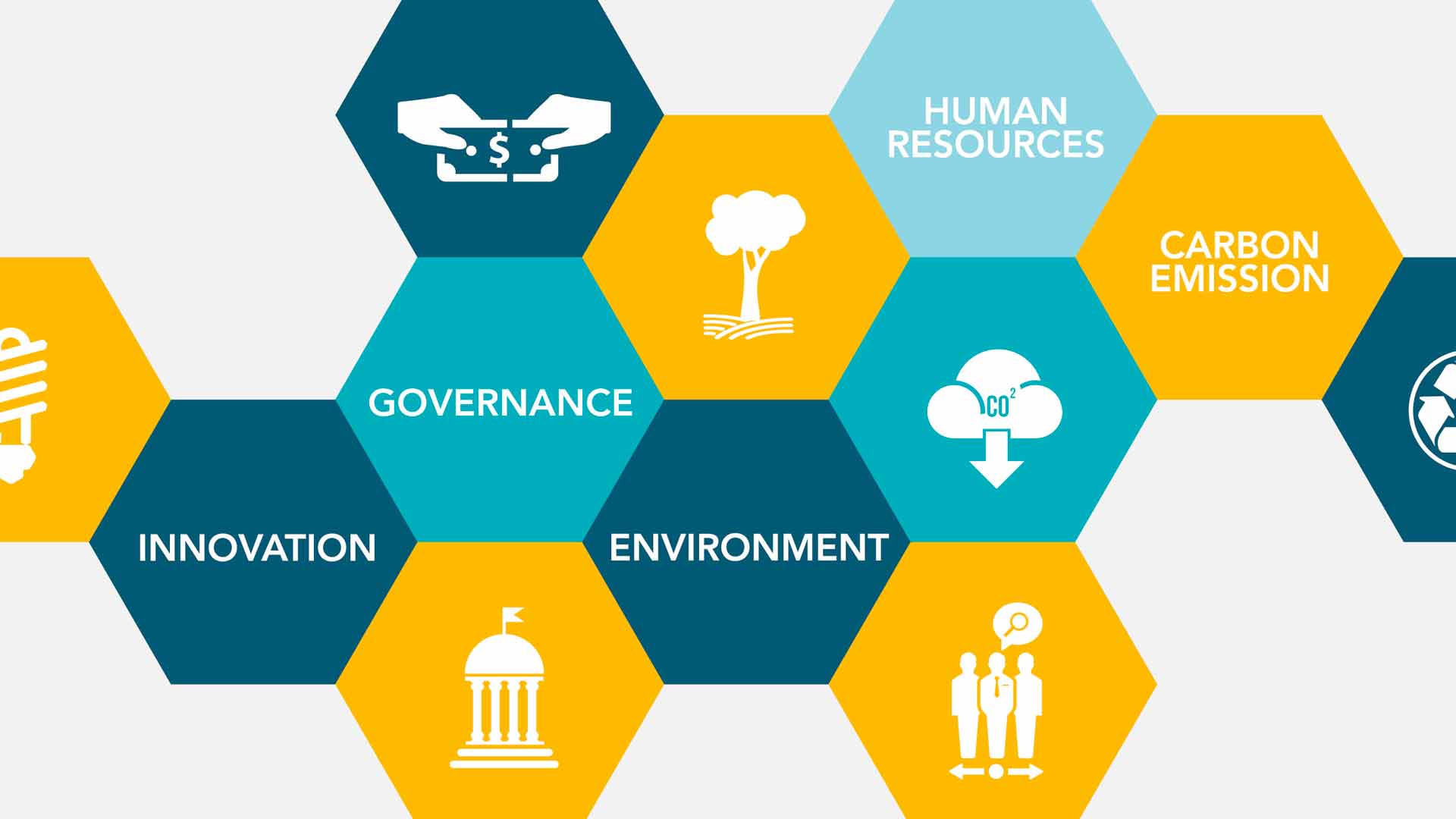One of the most common questions entrepreneurs and small business owners ask themselves is “how can I increase my sales?” The obvious answer for most is to grow the customer base, but that can only get a business so far. For most, the better solution is to increase the volume of units sold across all customers.
Obviously, this is something which is easier said than done. However, thanks to programs at both the state and federal levels, there are some new opportunities for businesses in the value-added sector. The first is related to sustainable purchasing practices, while the other is a voluntary labeling initiative; both of which have the potential to increase the volume of products sold in unique ways.
Minnesota’s Sustainable Purchasing Program
At the state government level, Minnesota has committed to a Sustainable Procurement Program, which endeavors to make greener, cleaner and sustainable purchasing decisions, with the end result being a strong, equitable local economy, and improved operational efficiencies across the enterprise. To that end, Minnesota is using its purchasing power to help drive the market for sustainable goods and services by making purchases that demonstrate the highest level of environmental, social, and economic responsibility.
Minnesota is taking this commitment very seriously. In fact, an executive order was put forth in 2017 by then-Governor Mark Dayton, which said, in part, “strengthening sustainability in state operations leads to better government and smart stewardship of taxpayer dollars. Minnesotans deserve continual improvements to government operations, including sustainability improvements that will help save taxpayer dollars through avoided costs, increased efficiencies, and more resilient facilities and operations, along with enhanced environmental and health protection and job creation.”
This program has significant potential for business owners because Governor Dayton set a goal of 25 percent of the total spend on priority Contracts are sustainable purchases by 2025. This translates into millions of dollars of potential revenue for companies who offer sustainable goods and services, like biobased products that can replace traditional petroleum-based products. For example, in Minnesota today there are more than 100 soy-based products that qualify for sustainable purchasing, with additional innovations developed every year.
To learn more about becoming a new sustainable product provider for the state, visit the Minnesota State Procurement website at: www.mmd.admin.state.mn.us/mn02000.htm.
USDA’s BioPreferred Program
On the federal level, the U.S. Department of Agriculture (USDA), launched a BioPreferred program with the goal of increasing the purchase and use of biobased products. Created by the 2002 Farm Bill and reauthorized and expanded as part of the Agricultural Act of 2014, the program’s purpose is to spur economic development, create new jobs and provide new markets for farm commodities.
The two major parts of the program are the mandatory purchasing requirements for federal agencies and their contractors, and a voluntary labeling initiative for biobased products.
Federal law, the Federal Acquisition Regulation, and Presidential Executive Orders direct that all federal agencies purchase biobased products in 109 categories (e.g. cleaners, carpet, lubricants, paints) identified by USDA.
The Voluntary Biobased Labeling Initiative is designed to increase awareness of the existence and importance of biobased products. In addition, certified products are listed in the BioPreferred Catalog, providing a marketing avenue to inform consumers.
A business with a biobased product that meets USDA criteria may apply for certification, allowing it to display the USDA Certified Biobased Product label. This label assures a consumer that the product contains a verified amount of renewable biological ingredients. Consumers can trust the label to mean what it says because manufacturer’s claims concerning the biobased content are third-party certified and strictly monitored by USDA.
As you can see, companies participating in this program can benefit greatly in both exposure to new customers as well as product differentiation. In receiving the federal certification, companies can add the BioPreferred label to their packaging, which sets the product apart from competitors who are not, or cannot, be certified. This is a big advantage when competing for shelf space in markets, especially when many stores and distribution hubs are purposefully looking for products that are more sustainable.
Also, participation in this federal program comes with a free listing in a BioPreferred Catalog, This, in combination with the certification label can help government purchasers locate biobased products for which they have mandatory purchasing requirements. In essence, this can both increase the number of potential customers and, because the federal government purchases in high quantities, increase the total volume of units sold from year to year.
To learn more about this program, receive certification and be included in the BioPreferred catalog, visit: www.biopreferred.gov.
If you have a product or innovative idea that could benefit from one of these programs, but need assistance, AURI can help. AURI can help clients access these programs and guide them through the process via product and business development. In addition, AURI can connect you to programs and buyers looking to purchase sustainable and biobased products. Last, it can also assist with accessing a pilot lab, product formulation, labeling, scale-up or commercialization. Additionally, AURI can help your organization move along the value chain by offering referrals, feasibility study assistance and more. These services and resources are available to companies of all sizes in the areas of food, biobased products, renewable energy and coproducts. To learn more about AURI’s services and resources, visit us at auri.org.
